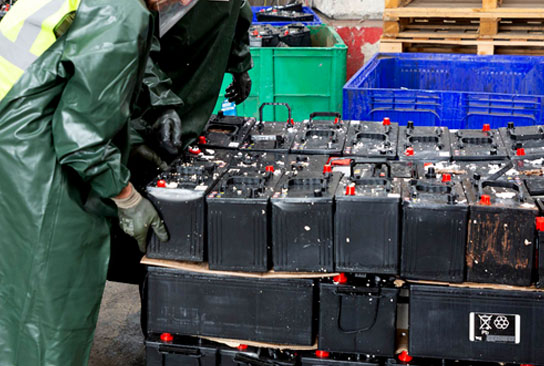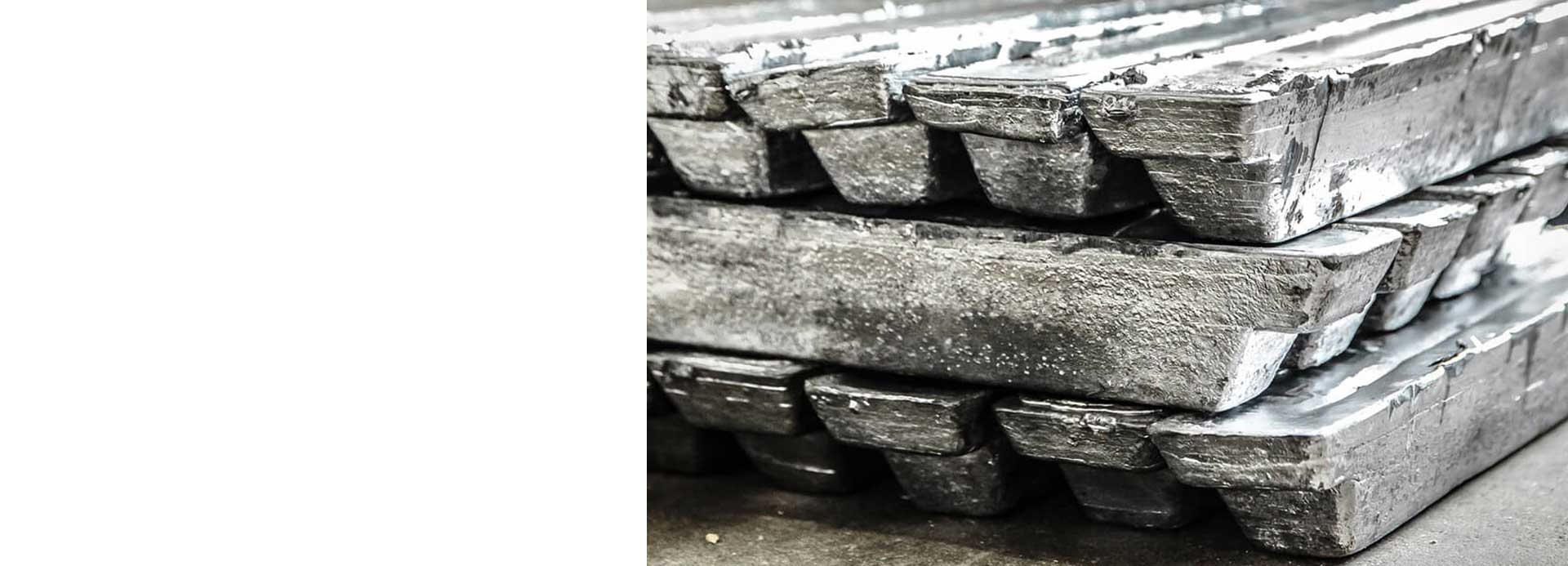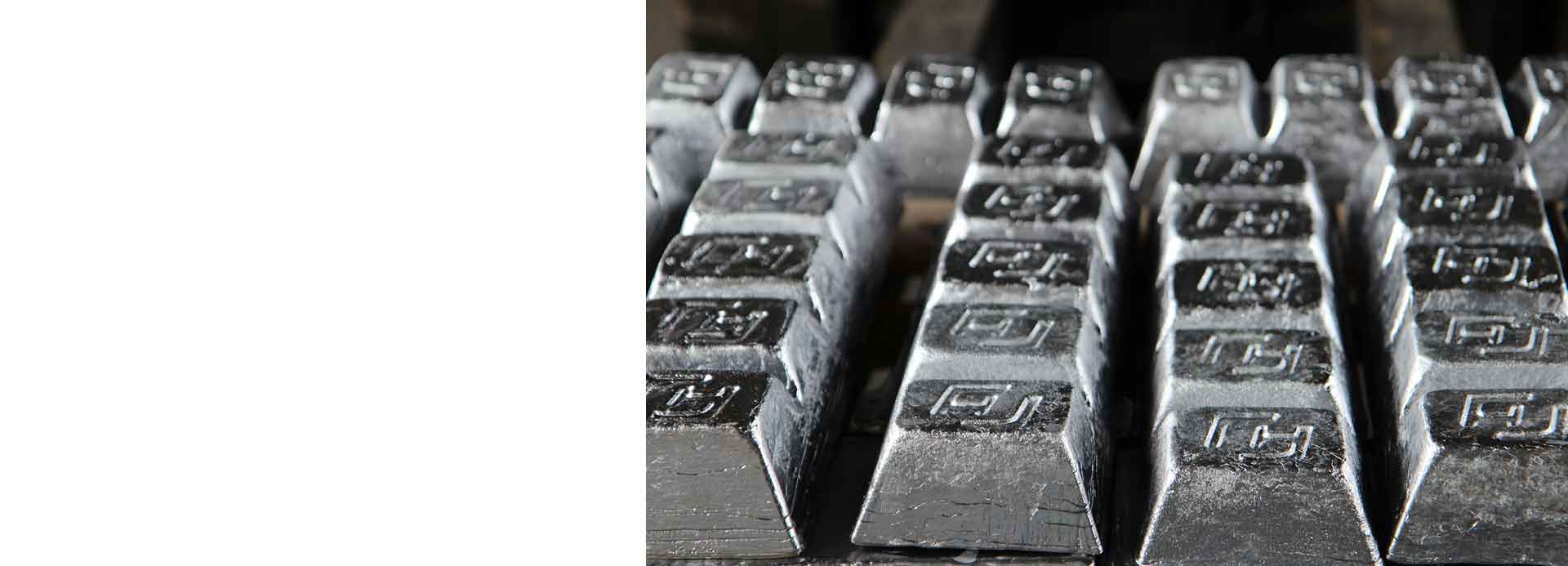Lead Batteries Essential for the Automotive Industry
Lead batteries are the most widely used batteries in vehicles. They are safe, reliable, low cost and make a vi...
, Ogun State, Nigeria

BPL Nigeria Ltd is a Lead Battery Recycling company. We recylce Used Lead Acid Batteries, producing Pure Lead Ingots (99.7% to 99.85%) and related materials such as Lead Oxides. With a state of the art Recycling plant, we are able to recycle these materials in an environmentally friendly and sustainable manner, protecting the environment and ensuring no pollution.

We pride ourselves in being able to deliver 99.985% pure Lead Metal and other specialty alloys to our customers.
With traceability along our production process, we are able to ensure quality and safety at every point in
time while also guaranteeing quick delivery of our products to the various destination of our customers
To be the foremost battery recycling and manufacturing company in Africa.
Build an organisation that is driven by excellence, delivers superior value to all stakeholders…
Understand, meet and surpass customer expectation (customer – anyone we are doing anything for.

Our Pure Lead is produced from the refining operations done on remelted ingots produced from our rotary furnaces. It is a pyro-metallugical process. Our primary feed-stock is Lead Acid batteries.

Remelted Lead Bullions produced from the smelting of Lead Acid batteries in a rotary furnace usually contain 97% to 99% Lead Metal by weight and the remaining 2-3% consists of other elements – Antimony, Copper, Silver, Bismuth, Arsenic, Tin etc.

With alloying kettles of various capacities 30MT and 50MT, we produce various Lead alloys ranging from Antimony Lead to specialty alloys of Copper, Calcium, Tin, Selenium etc.
With stringent quality controls and testing using our Spectrolab, we are able to ensure high purity and consistent metal composition for our customers.
Lead batteries are the most widely used batteries in vehicles. They are safe, reliable, low cost and make a vi...
Lead enjoys one of the highest recycling rates of all materials in common use today. This is a result of......
The Lead Industry is at the forefront of research into low emission, fuel efficient technology. This supports ...
The total amount of lead used each year around the world is about 8 million tonnes, and this quantity is......
The informal recycling of lead is strongly disapproved of by the global regulated lead industry because it is ...
A joint industry analysis of the current and future availabilities of resources and materials used in a range ...
Why is it important to recycle batteries? It is illegal to dispose of batteries in the trash. Ba...
Lead-acid battery recycling for the twenty-first century there is a growing need to develop novel processes to...
What are the economic benefits of recycling metals? Here are the top reasons why scrap metal recycling is a gr...
Lead from recycled lead-acid batteries has become the primary source of lead worldwide. Battery manufacturing ...
Battery storage is becoming an increasingly popular addition to solar energy systems. Two of the most common b...
From scooters to motorcycles, sports cars, school buses, trucks, trains, and even planes, it seems we are ente...
China will continue to dominate the electric vehicle (EV) battery reuse and recycling market because it is the...
There are numerous advantages to recycling such as a reduction in greenhouse gases, conserving energy, and red...
Lead-acid batteries are made up of plates, Lead, and Lead oxide with a 35% sulfuric acid and 65% water electro...
A study carried out jointly by Stanford University, SLAC National Accelerator Laboratory, the Massachusetts In...
Novel Catalyst Material Could Enable Better Lithium-Sulfur Batteries, Power Next-Gen Electronics At the heart ...
Lead-acid batteries are used on a mass-scale in all parts of the world for energy storage. Lead-acid batteries...
Lead processing and smelting plants work with both primary and secondary lead. Primary lead is mined, separate...
Lead was one of the earliest metals discovered by the human race and was in use by 3000 B.C. The ancient Rom...


